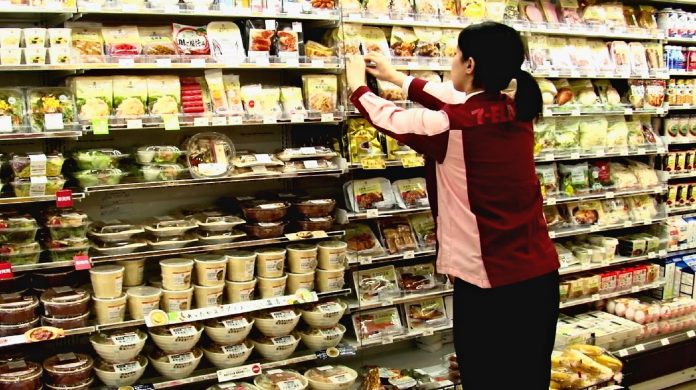A shortage of workers has been plaguing economies throughout the world for the past few years. Businesses that have adopted high-end tech and require skilled personnel in particular have suffered greatly from the diminishing employment market. However, it is not just high-skill positions that remain vacant.
In Japan, 24/7 convenience store operators such as 7-Eleven are finding it increasingly difficult to continue running their stores around the clock, seven days a week. This is due to a disturbing lack of employment. It is no secret that Japan has been facing severe declines in birthrates over the years. But it may come as a shock to some when they see Japan’s iconic convenience store culture struggle to stay open.
It was recently announced that a US body representing 7-Eleven convenience store owners are seeking to work with Japanese owners on tackling the issues of running 24-hour operations in this tight employment market.
“We want to help (the Japanese franchisees) to get started in lobbying and campaigning and in forming associations,” said Jaspreet Dhillon, a senior official of the National Coalition of Associations of 7-Eleven Franchisees, at a news conference in Tokyo.
The US body, which comprises around 4,000 owners, have also expressed their own concerns regarding the issue – as they too are facing similar challenges in opening 24/7 due to rising employment costs and a shortage of workers. They also cited the difficulty of rectifying what they called unfair contracts that reflect the disparity in economic and legal powers between franchisors and franchisees, although they have not yet faced pressure from 7-Eleven Inc. to maintain 24-hour operations.
Despite this, the parent of US-based 7-Eleven Inc. does require for stores to be open all night. Owners and franchisors are currently taking a wait-and-see stance, carefully monitoring the situation in Japan to see if 7-Eleven Japan will continue to make the same request regardless of the US labour situation.
The coalition has sent a letter to the Japan Fair Trade Commission to lay out their views on the issue, in hopes that doing so could aid the watchdog’s investigation into the business practices between 7-Eleven Japan and store owners.
The commission is probing whether franchisees are being forced into disadvantageous contracts due to their inferior market position.
The “24/7 business model is as problematic in the United States as it is in Japan. … Moreover, in June 2018, 7-Eleven Inc. issued a new franchise agreement which for the first time in the history of the system, as far as we know, does not give the franchisee the right to close the store even on Christmas,” the coalition’s letter said. The letter was addressed to Kazuyuki Sugimoto, chairman of the Fair Trade Commission.
Earlier this year, a 7-Eleven franchise owner named Mitoshi Matsumoto, was heavily criticized by 7-Eleven Japan for his decision to cut hours at his own store due to staff shortages. Matsumoto’s “revolt” has helped shine a light on the difficulty of maintaining 24/7 operations.
After a request by the Japanese government, 7-Eleven Japan, Family Mart Co., Lawson Inc. and other convenience store operators have drawn up plans including trials of shorter opening hours and introduction of self-checkout machines, in an effort to address the rising concerns of the franchisees.
One possible solution to the current worker issue is the implementation of automated stores or dispensers. These would allow stores to operate in a limited capacity during the extreme hours of the day without the need for human input. While some 7-Eleven outlets throughout the world are already utilising such technology, issues may arise due to the costs of operating such tech. The loss of human interaction is also something to consider as it has been proven that interactivity is a huge factor for consumers utilising the service industry.





















